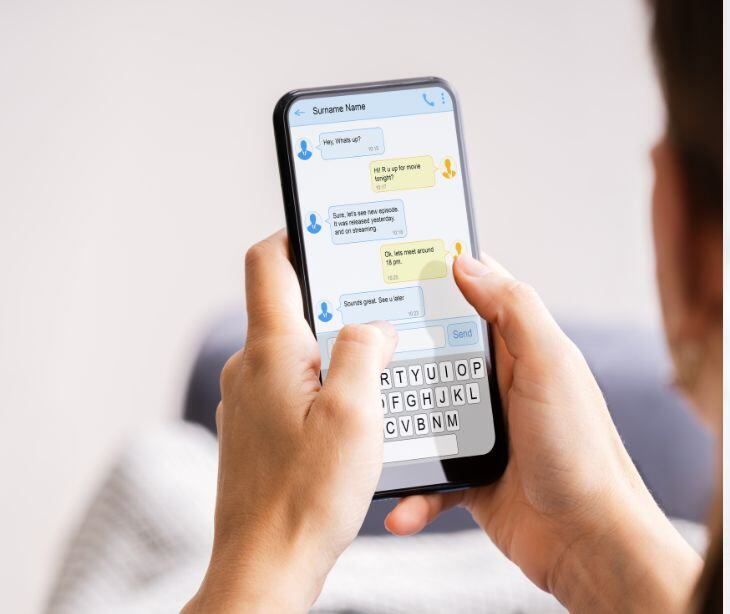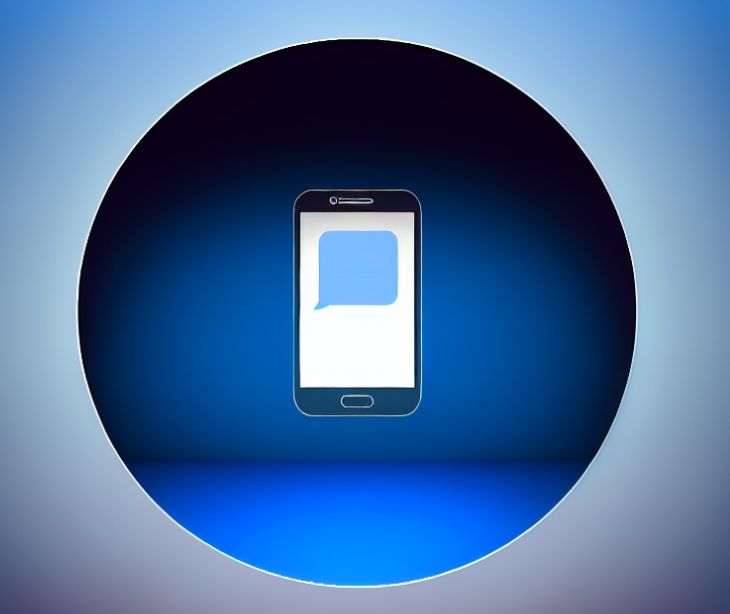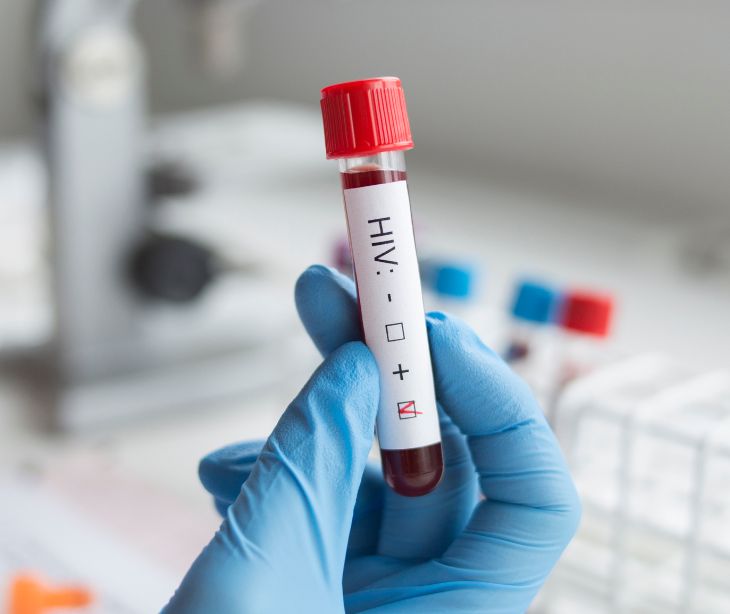2 min read
Using HIPAA compliant text messaging to combat medical misinformation
Kirsten Peremore
November 08, 2024

Medical misinformation can be dangerous to populations, especially with the growing reliance on social media. With patients often facing advice from influencers before receiving factual public health recommendations, using text messaging can be a useful tool to even the playing field and reinforce accurate information.
Understanding how medical misinformation impacts healthcare organizations
Medical misinformation is the spread of inaccurate or false information fueled by psychological factors like emotional appeal, personal identity, and social norms. This information is often disseminated by the rapid peer to peer mechanism that is social media.
With Social media, unlike mainstream media, there are no safeguards to fact check allowing for information to be quickly published with massive reach that allows misinformation to easily go viral. The dynamics create an “echo chamber” where false information circulates unchecked, especially among those who seek out content aligning with existing beliefs.
An AIMS Public Health study provides, “Unfortunately, misinformation has a further burden on controlling the situation. It could lead to rumors, stigma, discrimination, false theories, and shapes beliefs and attitudes, ultimately creating confusion that curtails the advancement of individual health and public health during crises.”
When patients act on false information, healthcare providers may face an increased demand for unnecessary tests and treatments. Even worse is when the contrary occurs and occurs and misinformation leads to public health challenges like patients refusing life-saving vaccines or participating in dangerous home remedies recommended by social media content creators.
Related: Social media HIPAA violations
The common drivers of medical misinformation
- People share misinformation to align with political beliefs or challenge opposing viewpoints.
- Individuals are more likely to believe and share information that confirms their preexisting beliefs or values.
- Misinformation is often spread to gain social rewards like approval or attention from a particular community.
- A small group of influencers with large followings can amplify misinformation making it appear more credible.
- Information that evokes fear, anger, or outrage is more likely to be shared even if it lacks factual support.
- People with a limited understanding of scientific principles may misinterpret or overlook factual evidence.
How to use HIPAA compliant text messaging to combat medical misinformation
Use surveys to identify misinformation gaps
- HIPAA compliant text messaging platforms like Paubox allow providers to send short surveys to patients targeted at assessing their understanding of current health topics.
- The answers gathered can be used to tailor messages that clarify the specific areas of misunderstanding and replace them with accurate information directly.
Encourage patients to engage in two-way communication
- Allowing patients to ask questions about emerging health myths or specific treatments gives providers a chance to clear up confusion on the spot or direct patients directly to resources that can do so.
Use push notifications to provide fact-checking alerts
- HIPAA compliant text messaging can set up push notifications to send out quick “fact checking alerts” on topics where misinformation is wide spread.
- The alerts could target specific patient groups like those with chronic illnesses or pregnant individuals who could be more vulnerable to certain types of misinformation.
Provide text-based reminders for accurate self-check practices
- Text messages can be sent to encourage patients to engage in self-check practices using accurate guidelines.
- The practice can assist in preventing patients from relying on unsupported online advice and empower them to use scientifically validated methods.
FAQs
How does misinformation impact staff morale?
Constantly addressing misinformation can be frustrating for staff and lead to lower morale.
Why is misinformation prone to have a greater impact on rural areas?
Rural areas may have limited access to healthcare providers, making residents more reliant on online sources.
When is email a better option to communicate with patients than text messaging?
Email is the better option for sharing detailed information or documents that need to be saved or referenced later.
Subscribe to Paubox Weekly
Every Friday we'll bring you the most important news from Paubox. Our aim is to make you smarter, faster.




